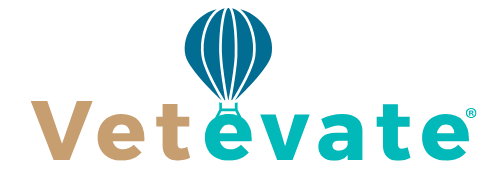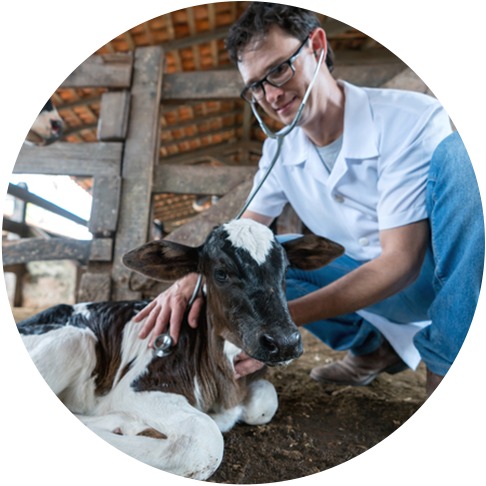Veterinary job boards are often associated with roles like veterinarians, veterinary technicians, and hospital administrators. However, these platforms are also a hidden gem for those seeking fulfilling careers working specifically with dogs. Many veterinary clinics, specialty practices, animal shelters, and pet care businesses post openings for positions that heavily involve canine care. These include roles such as kennel attendants, veterinary assistants, dog rehabilitation specialists, dog trainers associated with vet offices, and pet care coordinators. For anyone passionate about working with dogs, tapping into a veterinary job board can lead to opportunities that go beyond basic grooming or pet sitting and into more structured, professional environments where canine health and wellness are the top priorities.
What makes veterinary job boards particularly valuable is the quality of the employers advertising on them. Clinics and facilities that prioritize medical-grade animal care often seek candidates who have a genuine passion for animals, especially dogs, and a willingness to work closely with veterinary teams. As a result, the jobs posted here tend to offer better training, stronger career paths, and more supportive work environments than roles found through general classifieds or casual job sites. If your goal is to work closely with dogs in a way that contributes to their health and happiness, a veterinary job board is a smart place to start your search.
How to Search for Dog-Related Jobs
Searching effectively for jobs focused on working with dogs requires using a smart strategy on veterinary job boards. While it might seem straightforward to type “dog jobs” into a search bar, most job boards use more technical or specific titles. Terms like “canine care specialist,” “kennel assistant,” “animal care technician,” “dog handler,” and “rehabilitation technician” often lead to the most relevant openings. It’s important to remember that many job descriptions won’t say “dog” explicitly but will mention working with companion animals, small animals, or pets, which overwhelmingly includes dogs in most veterinary environments.
Another useful tactic is to explore job categories related to boarding and daycare services, rehabilitation and physical therapy, surgical recovery support, and behavioral health. Veterinary clinics that provide boarding services for dogs often need attendants and handlers to manage daily care, exercise, and enrichment activities. Physical therapy centers connected to veterinary hospitals hire rehabilitation assistants who help dogs recover after surgeries or injuries. In addition, roles related to behavioral health might involve working with dogs to assist with anxiety management, training reinforcement, or socialization efforts within a clinical setting.
When using a veterinary job board, it’s beneficial to keep an open mind and explore all opportunities that mention working with pets or companion animals. Reading the full job description carefully helps you identify roles where the primary focus is on canine care. Setting up alerts using keywords like “canine,” “dog care,” “kennel,” and “rehabilitation” ensures you stay updated when new roles become available. Persistence and strategic keyword use can lead to discovering a job that fits both your skills and your passion for working with dogs.
Preparing an Application for Dog-Focused Roles
Once you find a promising opportunity, it’s critical to prepare an application that clearly communicates your qualifications and passion for working with dogs. Veterinary employers often seek candidates who not only love animals but also understand the importance of discipline, cleanliness, observation skills, and the ability to work under the supervision of veterinary professionals. Highlighting any previous experience in animal shelters, dog daycare centers, boarding facilities, or dog training programs can make a strong impression. Even volunteer experience with dogs can be highly relevant if presented professionally.
It is equally important to emphasize any specific skills related to canine care, such as administering medications, assisting with rehabilitation exercises, monitoring behavior changes, or managing multiple dogs in a boarding or clinical environment. Certifications can also strengthen your application. For example, completing a pet CPR course, earning a certification in canine first aid, or participating in professional dog training workshops shows that you are serious about your professional development and care standards.
When writing your resume and cover letter, tailor your materials to the veterinary audience. Focus on your ability to support a medical or rehabilitation team, your attention to detail when it comes to health monitoring, and your commitment to providing compassionate, stress-free care for dogs. Mentioning familiarity with basic veterinary terminology, handling techniques for nervous or injured dogs, and protocols for maintaining clean and sanitary environments can help differentiate you from other applicants. Employers posting on veterinary job boards typically appreciate candidates who bring both a love for dogs and a respect for structured, professional care environments.
Building a Rewarding Career Working with Dogs
Landing a dog-focused job through a veterinary job board can open up a variety of long-term career possibilities. Many people start in entry-level roles such as kennel attendants or animal care assistants and gradually move into more specialized areas like canine physical therapy, dog training for medical settings, or management roles within boarding and daycare operations connected to veterinary practices. Some even transition into veterinary technology programs, ultimately becoming vet techs with a specialization in canine care.
One of the greatest advantages of working in a veterinary-affiliated role is the exposure to ongoing education and mentorship opportunities. Being surrounded by veterinarians, vet techs, and animal health professionals allows you to learn continually and deepen your understanding of canine health, behavior, and medical care. Facilities often offer in-house training on topics like fear-free handling, safe restraint techniques, recognizing signs of illness or injury, and communicating effectively with pet owners. These skills are not only valuable for your current role but also enhance your resume and open doors to advanced career opportunities in the future.
Over time, you may find yourself specializing even further, such as working with specific breeds, assisting in sports medicine for working dogs, or providing rehabilitation support for post-operative canine patients. With experience, some professionals branch out into entrepreneurial ventures like opening their own dog boarding facility, rehabilitation center, or canine training business, often maintaining strong relationships with veterinary professionals they met early in their careers.
Using veterinary job boards as your entryway into a dog-focused career connects you with employers who value professionalism, ongoing education, and high standards of animal care. It allows you to build a career path that combines your passion for working with dogs with opportunities for growth, advancement, and long-term professional fulfillment.




